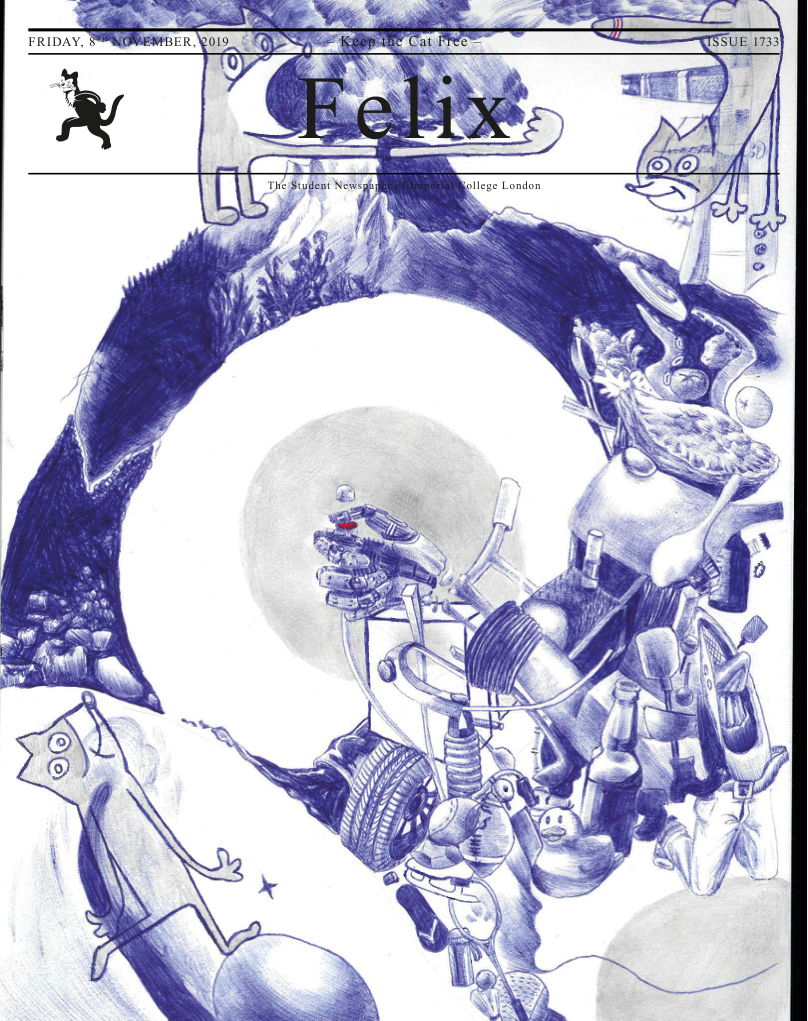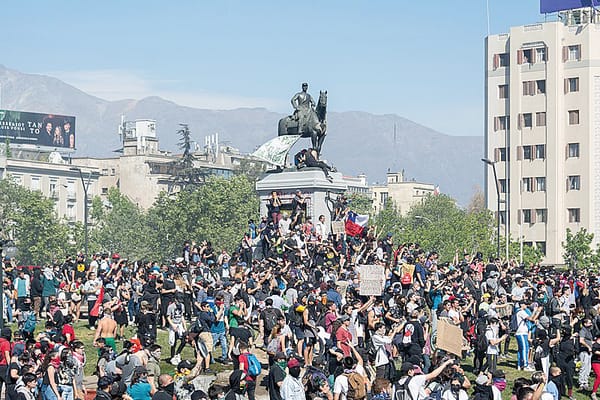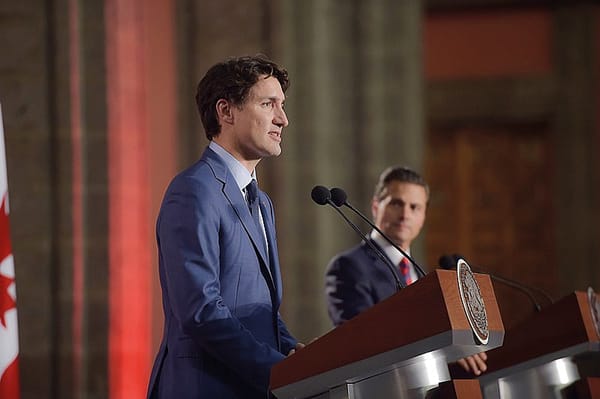Election Section: Understanding the Spanish Election
A general election has been called for 10th November, the second in six months and the fourth in four years

Spain will be holding general elections yet again on the 10th of November, the second general election in six months and the fourth in four years.
In recent decades, the Spanish political landscape has been drastically reshaped by the new, younger politicians entering the scene and a surging number of small political parties, whilst the larger parties face multiple corruption scandals. This provides many explanations as to why we are facing elections only six months after the last cycle in April; one of these relates to the fact that the increasing quantity of parties is not matched by a growing number of effective politicians.
After Francisco Franco’s dictatorship in 1975, a two-party system very much dominated Spain’s new democratic government, with the People’s Party (right wing) and the Socialist Worker’s Party (left wing) alternating in power over the years. This relative stability was overturned in the last decade when numerous corruption cases within the government arose, and a general discontent of Spanish people with the government led two new political parties to gain traction, Ciudadanos (centre-right) and Podemos (left wing), causing the Congress of Deputies to transition from a bipartisan to a tetra-partisan landscape.
Since then, no party has been able to win a majority of the vote, nor have any been able to build coalitions to form a working government, which led to the dissolution of Congress and the convocation of a new general election in July 2016. These elections resulted in Mariano Rajoy of the People’s Party becoming the President of Spain, thanks to the formation of a coalition with Ciudadanos and the abstention of the Worker’s Party. Yet, in July of 2018, there was a vote of no confidence against the government and Pedro Sanchez - from the Worker’s party – became the new president of Spain. Last April, new general elections were held yet again as the Spanish Congress refused to support the State’s General Budgets, with a new party entering the scene: Vox, a right-wing populist party. The votes became even more contested over and history repeated itself: the different parties were not able to agree and establish a government, requiring elections to take place again in a few days.
The transition from a bipartisan to a multiparty system has led to political instability and inefficiency. Since the 2016 elections, negotiations and horse-trading that arose from attempts to build coalitions led to a broken government that was focused on solving internal party problems than actual nationwide issues.
One could argue that a multiparty system could be an improvement for Spanish politics. When smaller parties are forced to form coalitions, they are forced to move towards a middle ground in order to maintain power, which is better than any fanaticism when governing a country. As the Spanish ex-president Adolfo Suarez said about Spain’s current situation, “what at street level is simply normal, has been elevated to the political category of normal”; there is a better representation, response, and articulation of the views of all voters these days than there was 40 years ago, brought on by smaller parties that have been forced to respond to popular preferences rather than particular interests.
Yet, it is apparent that the Spanish multiparty system has become a challenge. Indecisive politicians have focused more on solving issues within their party than on solving national and social issues, ranging from unemployment to corruption, as well as the current situation in Catalonia. As American political writer Ben Rhodes wrote, “things cannot change unless you change the people making the decisions” (‘The World as It Is’, 2018). Spain’s recent political instability and inefficiency did not arise by chance, but is caused by the increasing number of smaller parties competing for a divided electorate, and the mediocre politicians leading them.
In the upcoming elections, a new left-wing party (Más Pais, led by Iñigo Errejón) will be entering the race, joining five original candidates to become the sixth party competing for the presidency. While polls predict a similar result for this upcoming election, hope still remains that after the 10th of November they will be able to do their job and form a government that is very much needed to face domestic problems like high unemployment, and international ones like Trump’s tariffs on Spanish products and the infamous Brexit.









